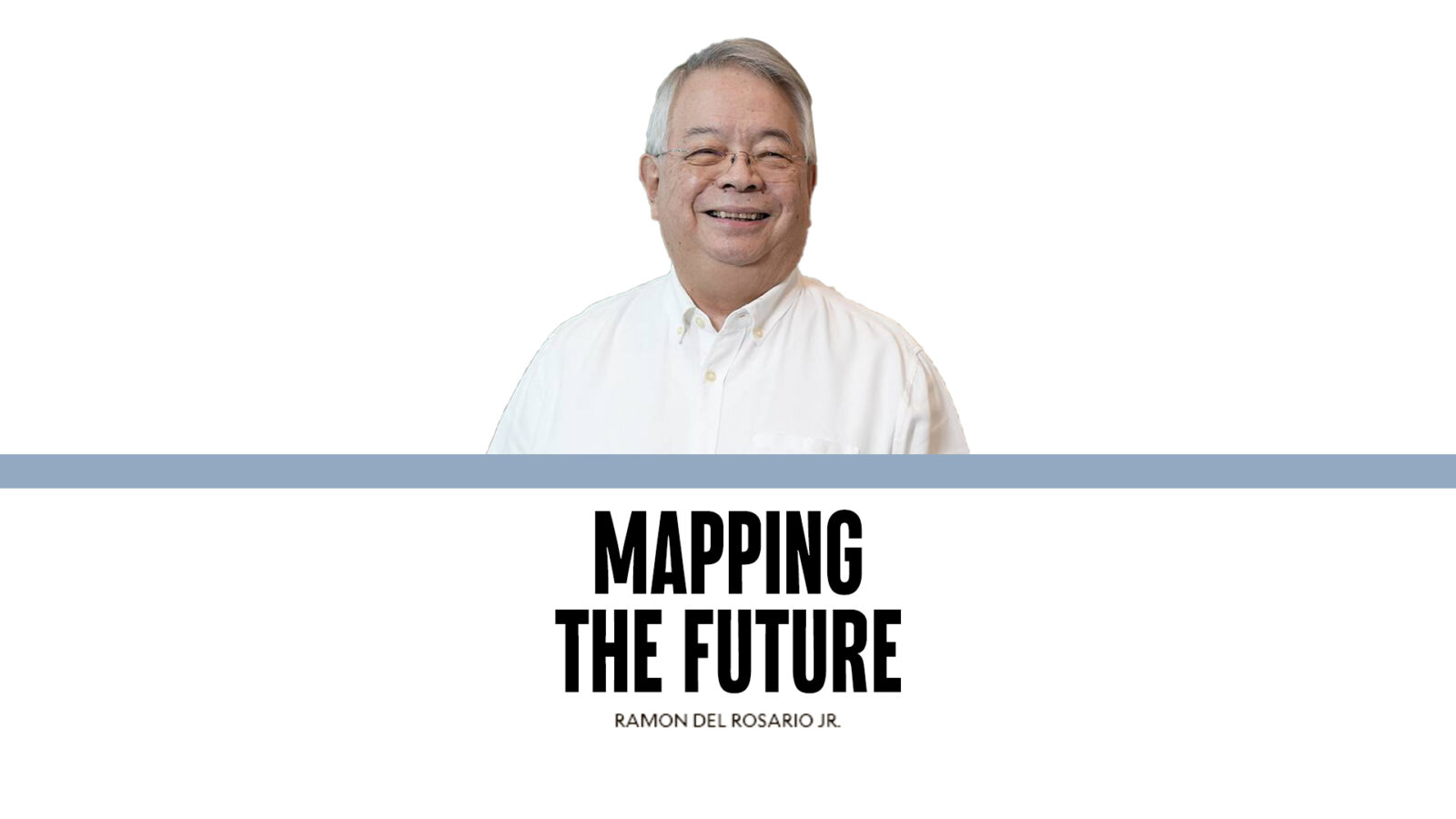Business as a force for shared prosperity

When my father founded Phinma over six decades ago, his vision extended far beyond building a successful enterprise. In the aftermath of war, he saw business as a powerful force for rebuilding our nation. Today, as our country grapples with persistent inequality and poverty, this vision of business as a force for good has never been more relevant.
The stark reality is that despite our economic progress, millions of Filipinos continue to struggle daily. The widening gap between rich and poor isn’t just a social or moral issue—it’s an economic imperative that we, as business leaders, cannot ignore. This challenge calls for a new approach to business, one centered on shared prosperity.
At Phinma, we’ve witnessed firsthand how business can transform society when guided by this principle. Our venture into education offers a compelling example. Phinma Education has grown to become the country’s largest private education network, serving over 80,000 students, most from families earning less than livable wages. The results speak volumes: our schools maintain an 83-percent board exam passing rate—well above the national average—and 77 percent of our graduates secure employment within a year.
But these aren’t just statistics. Each number represents a life changed, a family lifted from poverty, a community strengthened. When a graduate from Phinma Araullo University in Cabanatuan passes the accountancy board exam—something unheard of before our intervention—we’re not just celebrating an individual achievement. We’re witnessing the breaking of generational poverty cycles.
The path to shared prosperity requires focus on three critical areas. First, education must remain our great equalizer. Quality education, when made accessible to the disadvantaged, provides the tools needed to break free from poverty. Second, we must embrace ethical business practices and good corporate governance. This means going beyond mere compliance to embed integrity, fairness and transparency into our organizational DNA. Third, we must pursue genuinely inclusive growth, ensuring that economic benefits reach all sectors of society, especially the marginalized.
Doing good is doing well
Our experience at Phinma demonstrates that doing good and doing well aren’t mutually exclusive. Take our Microtel chain, which creates employment opportunities in underserved areas while providing quality, affordable accommodations. Or consider our property development initiatives, which focus on creating accessible housing solutions for those who struggle to afford them. These ventures succeed not despite their social mission, but because of it.
The recently launched Phinma-DLSU Center for Business and Society (PDCBS) represents our commitment to institutionalizing this approach. This pioneering initiative aims to become the country’s leading advocate for ‘Business as a Force for Good’ within five years. By developing course materials, publishing research and organizing discussions, we’re working to embed shared prosperity principles into the DNA of future business leaders.
However, individual corporate initiatives, no matter how successful, aren’t enough. We need collective action. The Covenant for Shared Prosperity provides a framework for this collaboration, calling on businesses to align their strategies with societal needs. This isn’t about charity or corporate social responsibility—it’s about reimagining the very purpose of business in society.
3 steps
I propose three concrete steps for business leaders. First, integrate shared prosperity metrics into your business goals. Track not just financial performance, but also the number of lives improved through your initiatives. Second, collaborate within your industry to share best practices and solutions. Third, invest meaningfully in your people and communities, moving beyond traditional CSR (corporate social responsibility) to reshape your core business around societal needs.
The challenges ahead are substantial. It takes courage to sometimes prioritize long-term impact over short-term gains. But as I visit our schools and see students—often first-generation college-goers—transforming their families’ futures, I’m reminded why this mission matters. When these graduates secure professional employment, potentially doubling or tripling their family’s income, we see the tangible impact of shared prosperity in action.
This is modern-day bayanihan—using our resources, influence and expertise to create a Philippines where every citizen has the opportunity to live with dignity. Our legacy as business leaders won’t be measured in pesos earned, but in lives changed. The question isn’t whether business can be a force for good—we’ve proven it can. The question is whether we have the collective will to make it so.
As we face these challenges, I’m reminded of my father’s vision of business as a force for national development. Today, we have the opportunity—and the responsibility—to expand that vision. By embracing shared prosperity, we can build a better Philippines, one where business thrives by uplifting communities, where growth is truly inclusive, and where every Filipino can aspire to a brighter future.
The time for action is now. Our nation’s future depends on our willingness to transform business into a genuine force for shared prosperity. Let’s get to work on making lives better for all.
This article reflects the personal opinion of the author and not the official stand of the Management Association of the Philippines or MAP. The author is past president of MAP and the MAP Management Person of the Year 2010. He is chair and CEO of Phinma Corp. Feedback at map@map.org.ph and rrr@phinma.com.ph.


















